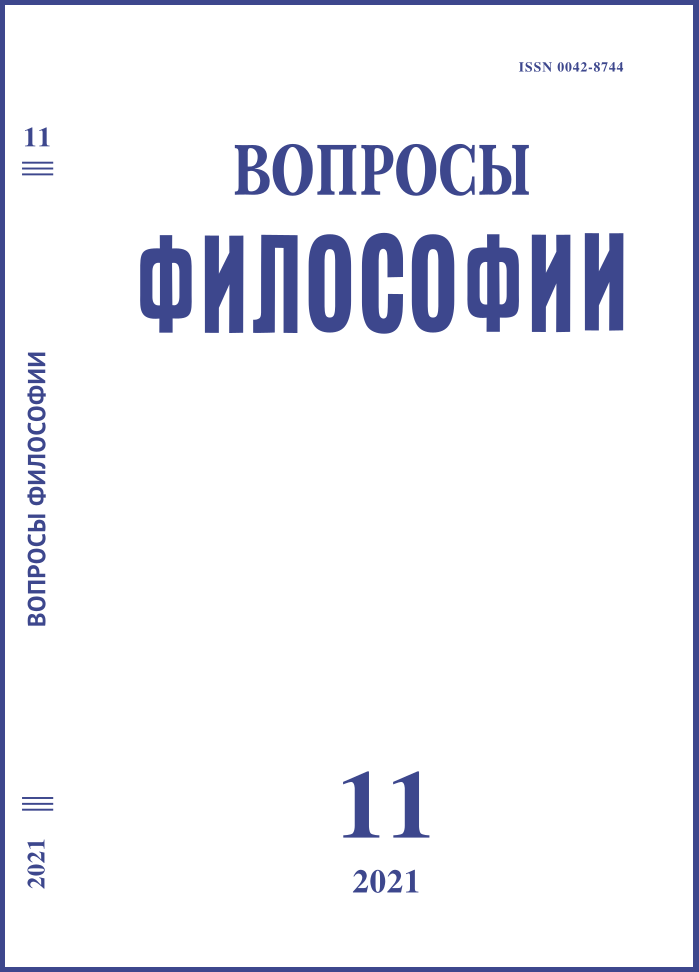Shereshevsky’s Case: A Reflection on the Peculiarities of Human Memory
DOI:
https://doi.org/10.21146/0042-8744-2021-11-23-34Keywords:
memory, imagination, hypermnesia, human, artificial intelligence, image, Shereshevsky, Luria, generalization, abstraction, fixation of the given, realAbstract
The article deals with the problem of hyper-memory and two main mechanisms of its development: the mechanism of the ultimate development of analogization, schematization and algorithmization and the mechanism of escape from reality to the sphere of the imaginary by rejecting logical generalization and increasing the imaginative component of thinking. Based on the understanding of the effectiveness of memory according to Korsakov, the author compares the features of mechanical memorization, characteristic of artificial devices and systems, and the cases of hyper-memory development in humans, especially highlighting the case of Shereshevsky as a case of the most pronounced and comprehensive hypermnesia. The article highlights the features of the memory of a phenomenal mnemonist distinguishing it from the memory of an ordinary person, and from the “memory” of external storage devices. The author analyzes the features of the mechanisms of information fixation and reproduction in the case of Shereshevsky, presented in the works of Luria and Leontiev, as well as the areas and features of the manifestation of phenomenal memory in other cases of “regional hyper-memory” (genius, hyperthymnesia, Savant syndrome). The author concludes that in the case of general hypermnesia, characteristic of Shereshevsky, the memorization procedure is associated with the obligatory “separation from reality” and the replacement of the plan of the real with the plan of the imaginary, but the condition for the possibility of such replacement is the maximum reduction of the “higher type” memory associated with logical operations and abstraction, as well as the rejection of the principle of arbitrariness of the sign. The author comes to the conclusion that the direction of development of human hyper-memory, characteristic of the case of Shereshevsky and based on imaginative-emotional perception, is directly opposite to the artificial type of memory mechanism.

